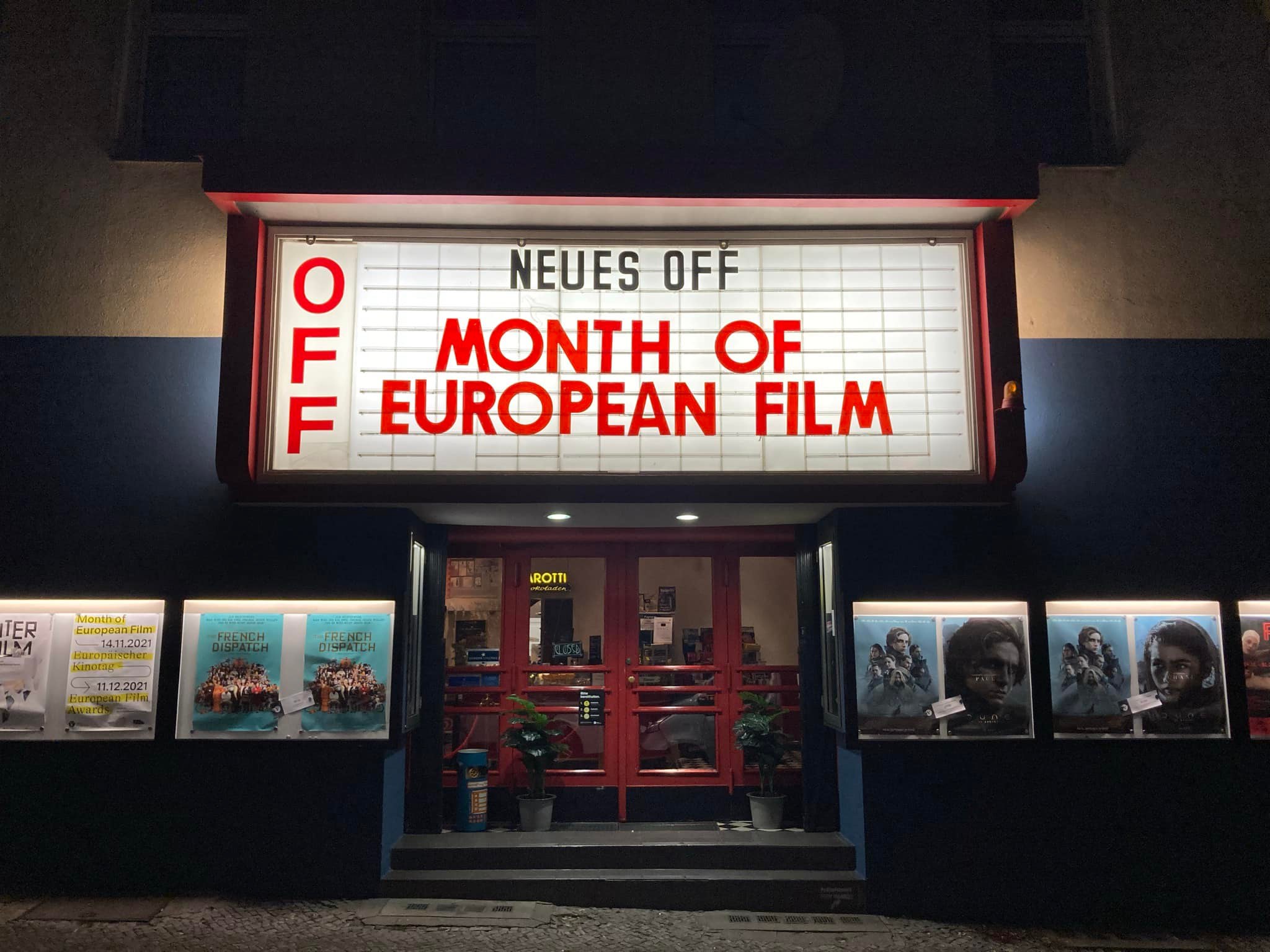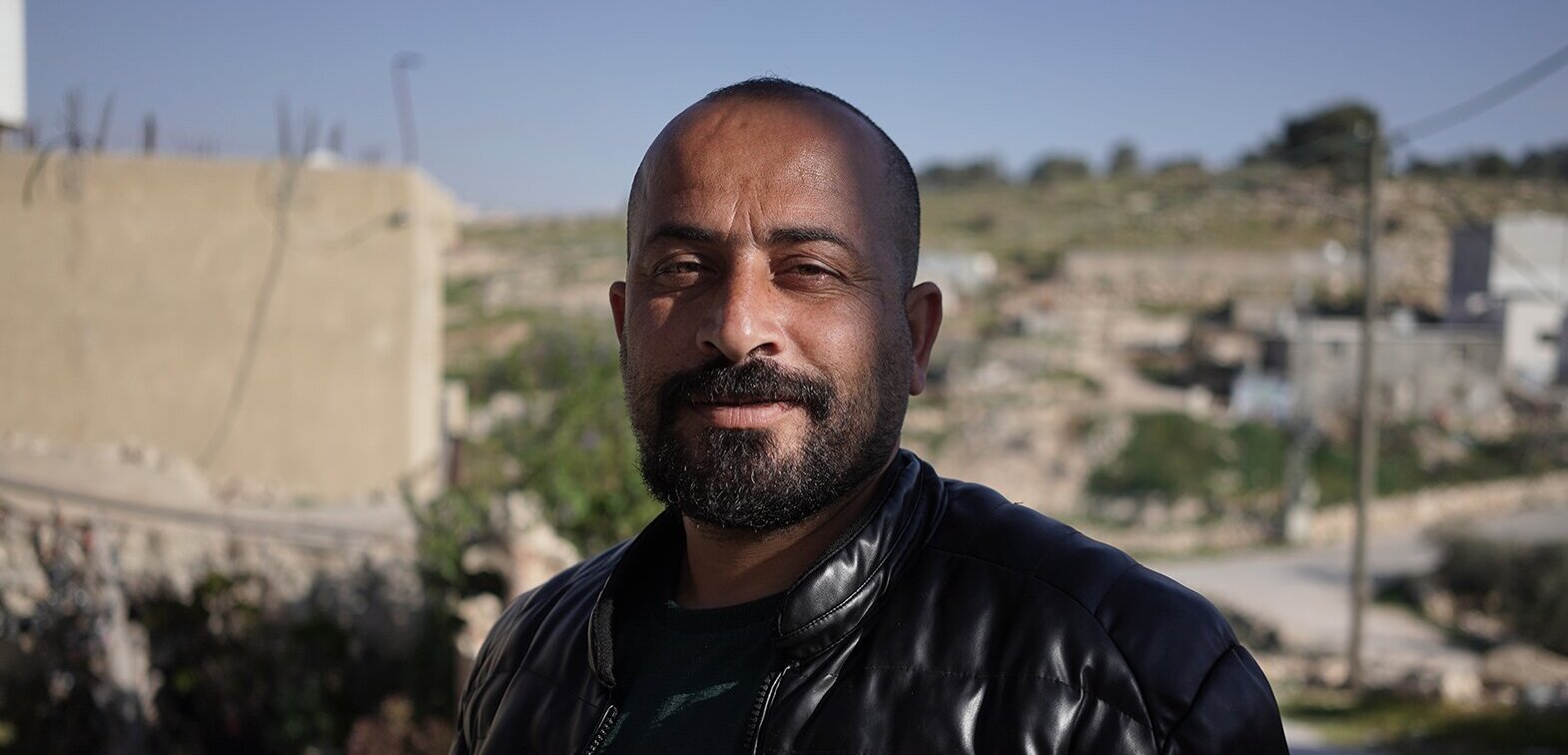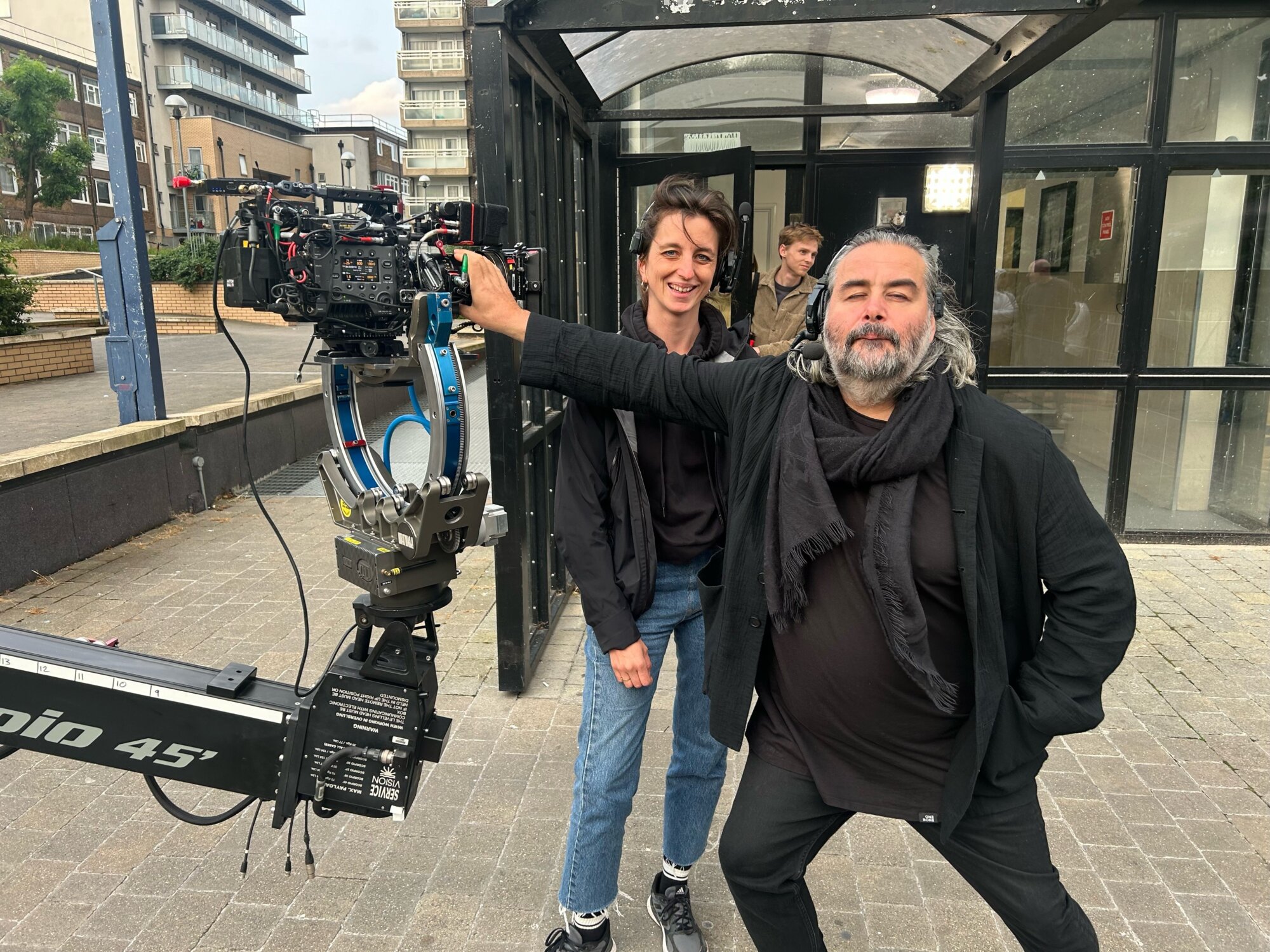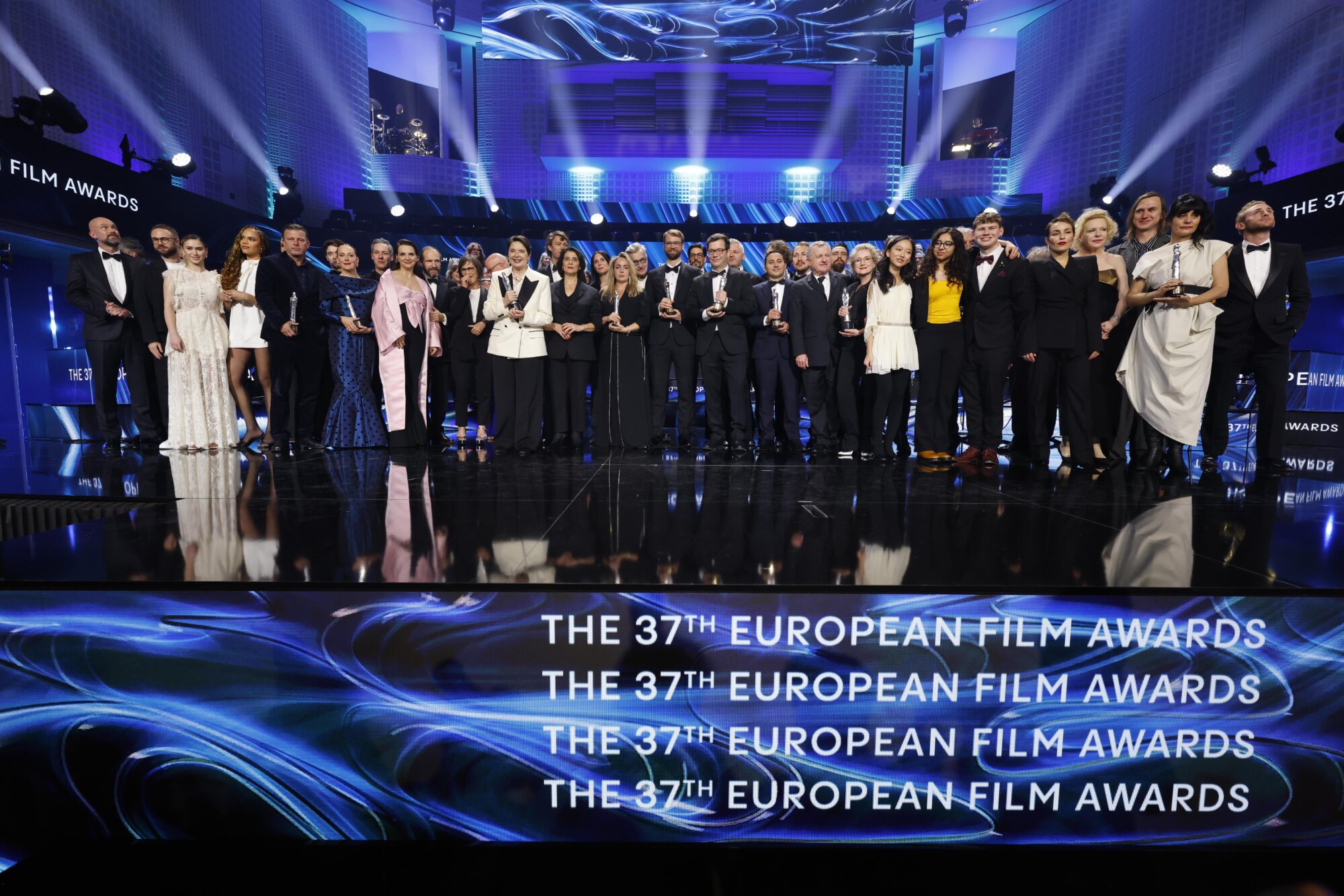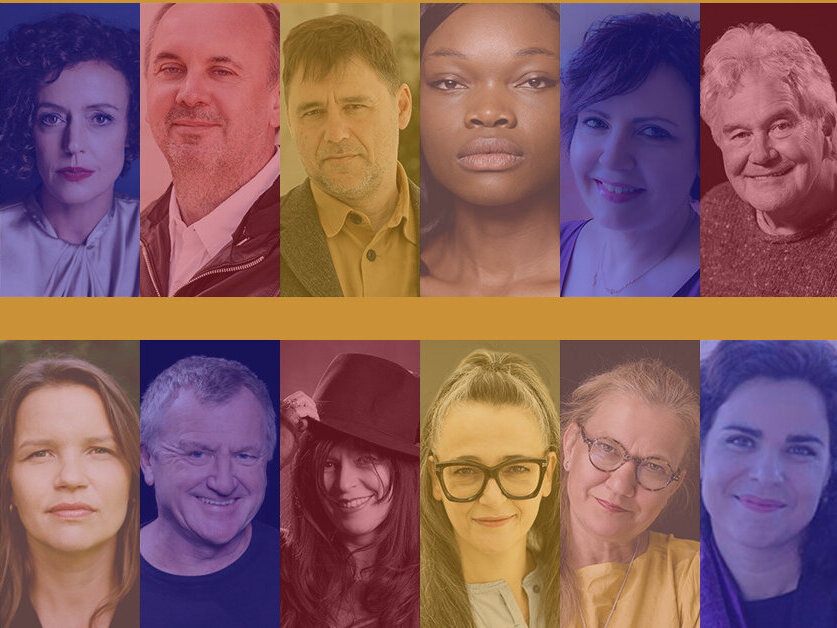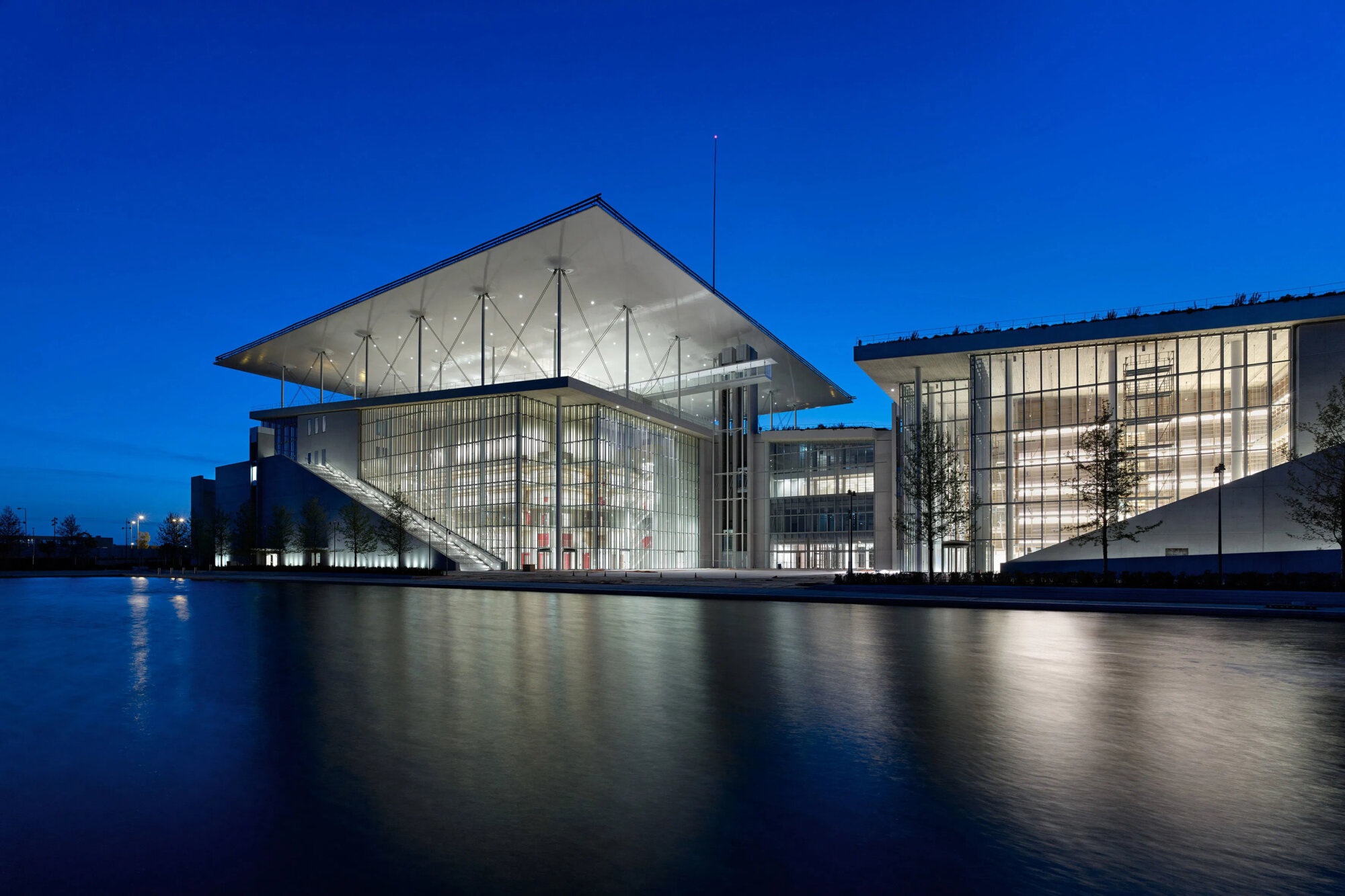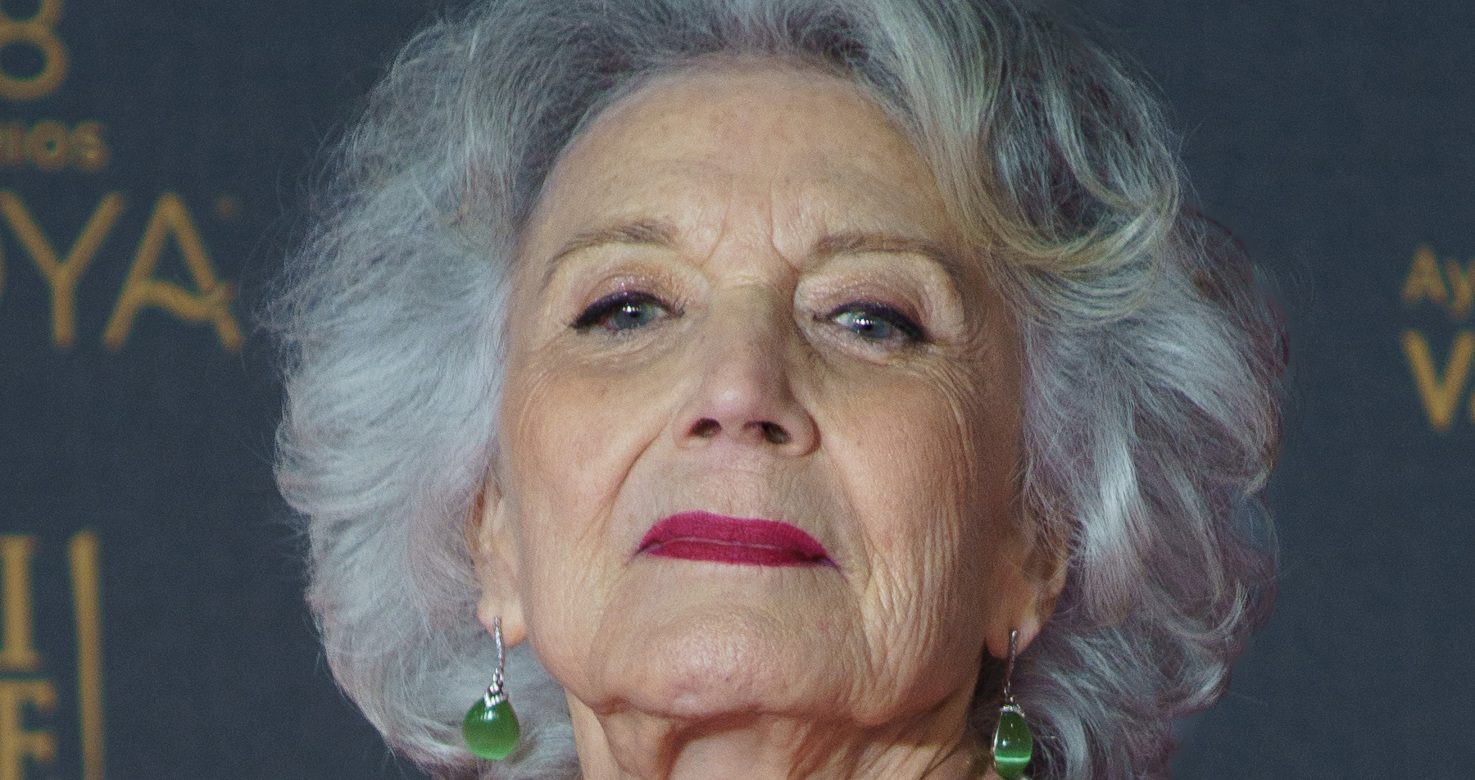Month of European Film 2024 Kicks off a Dynamic Season Full of European Cinema
Month of European Film 2024 Kicks off a Dynamic Season Full of European Cinema
- Third edition with a record participation of more than 100 cities in 42 countries
- Montenegro is the first country in Europe to have the Month of European Film take place in all cinemas
- Third edition with a record participation of more than 100 cities in 42 countries
- Montenegro is the first country in Europe to have the Month of European Film take place in all cinemas
After a successful pan-European launch in 2022 and a great second edition in 2023 with 75 partners, the European Film Academy presents the Month of European Film 2024 as Europe’s own film and award season: Starting on 1 November, it celebrates the diversity of European film for five weeks until its grand finale on 7 December with the European Film Awards in Lucerne (Switzerland).
Across Europe, thanks to the Academy’s partner Europa Cinemas, flagship cinemas in over 100 cities in 42 countries from Iceland to Greece, from Portugal to Georgia – including capital cities, small towns and national cinema networks – highlight European films, presenting special programmes, events and dedicated retrospectives. At the same time, the global streaming platform MUBI presents a special focus on European films, VOD portal DAFilms highlights a selection of European documentaries, and Festival Scope celebrates the short film candidates for the European Film Awards, altogether allowing film lovers around the world to participate.
Seville European Film Festival, long-time Academy partner in Spain and important platform for European cinema, is once again highlighting many films from the Academy Selection 2024.
“With the Month of European Film, European cinema comes closer to home for many people. This way, the Academy continues to build a network and a window for the simultaneous celebration of European cinema. We’re proud to welcome cinema partners in more than 100 cities in Europe this year, for the first time including Armenia and Cyprus. It’s great to see that in many countries we have more than one partner cinema by now, up to five or six in Denmark, Germany, Italy, Poland and Spain. Montenegro is even the first country in Europe to participate with all the country’s cinemas,” says Matthijs Wouter Knol, CEO and Director of the European Film Academy. He adds: “Of course, we are particularly excited – together with our Swiss partners – about the fantastic co-operation with more than a dozen partner cinemas organising special programmes and screenings, a dedicated programme at the Cinémathèque suisse, Swiss broadcaster SRG SSR showing films in connection with the European Film Awards, as well as special events at the festivals in Geneva, Winterthur, Queersicht Bern, PinkPanorama and Zoomz in Lucerne, and the Documentary event Let’s Doc running throughout November.”
During the Month of European Film, there will be a multitude of different initiatives. Instead of a uniform catalogue, each participating cinema is creating a unique program according to their expertise and catering to their audience’s taste. All participating cinemas screen European films, many of these films included in the annual Academy Selection and thus running for the European Film Awards. The programmes also include the films nominated for the LUX Audience Award 2025.
One of the highlights of the Month of European Film will be the Young Audience Film Day (3 November), organised simultaneously in 37 cities in 30 European countries – and online – and including a screening of SCRAPPER, directed by Charlotte Regan, winner of the European Young Audience Award 2023. The day will also feature the announcement of the 2024 European Young Audience Award nominees.
The Month of European Film will also see the European Arthouse Cinema Day on 17 November, a project organised by CICAE, the international confederation of arthouse cinemas.

During the Month of European Film, many of the participating cinemas will focus on younger audiences: There are special screenings for young people, often combined with discussions, educational workshops and interactive activities, in Cologne, Gornji Milanovac, Lodz, Potsdam, Pula, Saarbrücken, and Warsaw.
The Agimi Artit Center in Tirana (Albania) presents a discussion circle with the local film club, Beltrade cinema in Milan (Italy) organises an “animation day” with a selection of about 10 short animated movies for children, Don Bosco in Rome (Italy) has special school screenings of bullying- and hikikomori (social withdrawal) themed films with the participation of guests and psychotherapists. Together with a local college, Lumière cinema in Maastricht (Netherlands) is presenting a special screening of KNEECAP from the Academy Selection, with an English teacher from Ireland doing the introduction and moderating the discussion.
Audience engagement in general again plays a major role for all participating cinemas. Initiatives range from senior- and baby-friendly screenings (e.g. in Košice, Slovakia), master classes with film professionals (in Tirana, Albania, and Kyiv, Ukraine), an animation workshop (Cluj-Napoca, Romania) or a film quiz with the theme “family celebrations” (Hamburg, Germany).
Many movie theatres will show retrospectives of renowned European filmmakers. There will be a special focus on Wim Wenders (recipient of this year’s European Lifetime Achievement Award) in Lucerne, Maastricht, Pula, Sofia and Zurich, a Black Wave in Yugoslav cinema retrospective in Zagreb. Special screenings will highlight Chantal Akerman’s work (Cologne) and THE COLOUR OF POMEGRANATES by Sergei Parajanov (Kyiv). Filmmuseum Potsdam will present the festival “When QUEER was black’n’white” while Kino Nowe Horyzonty will present a Rainer Werner Fassbinder retrospective (Wroclaw) and Kino Muranów a Werner Herzog retrospective (Warsaw).
A lot of movie theatres focus during the Month of European Film on films from a specific European country: There will be “Ciné polska” – festival of new Polish films in Saarbrücken (Germany), the Ukrainian Film Festival in Wroclaw (Poland), a focus on Italian cinema in Biel (Switzerland), a Portuguese cinema series “Remembering the Carnation Revolution” in Cluj-Napoca (Romania) and a Hungarian Film Selection in Istanbul (Turkey).
This is a full overview of the program in Switzerland.
Here you can find more initiatives and events.
The European Film Academy is delighted to continue its partnership with global film distributor, streaming service and production company MUBI to celebrate the Month of European Film. From 1 November, MUBI’s streaming platform will feature a spotlight on 100 European films. The documentary VOD portal DAFilms will at the same time celebrate European documentaries with a selection of 30 titles. Additionally, Festival Scope is presenting all the short film candidates for the European Film Awards. The European Film Academy welcomes Festival Scope as a new partner to the Month of European Film.
Finally, the Month of European Film culminates on 7 December with the ceremony of the 37th European Film Awards in Lucerne.
The Month of European Film will continue to grow every year to include more and more places and ways for film enthusiasts to join in this great celebration of European films. The aim of the Month of European Film is to create a European film season in the upcoming years, encourage audiences to actively participate and engage rights holders and key industry players to help enable a synchronised and joint celebration of European cinema in a crucial time of the year.
The Month of European Film is an initiative of the European Film Academy supported by the Creative Europe MEDIA Programme of the European Union, in co-operation with Europa Cinemas, CICAE, European Film Promotion, MUBI, DAFilms, Festival Scope, as well as numerous local partners.
Please do not hesitate to contact us if you have any questions.
Follow us on facebook | twitter/X | youtube | instagram | letterbox | vimeo

